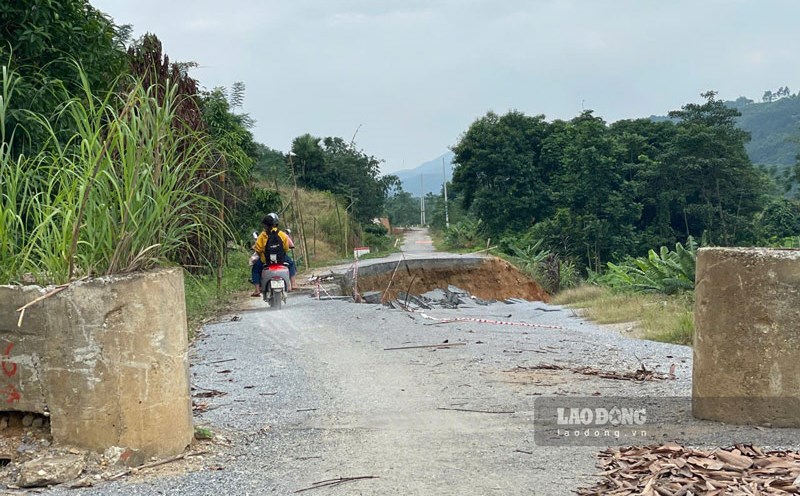The Ministry of Home Affairs is seeking opinions on the proposal to draft a revised Law on Cadres and Civil Servants.
In the draft submission to the Government for comments, the Ministry of Home Affairs said that after 5 years of amendments and supplements, some provisions of the law have revealed certain limitations and need to continue to be improved and must be studied, amended and supplemented to be consistent and in sync with the new regulations of the Party.
Some new policies of the Party on personnel work need to continue to be institutionalized and ensured by legal regulations.
Some provisions of the law are not consistent with the Party's regulations, some provisions of the law are not consistent with other specialized laws.
The Ministry of Home Affairs pointed out that many new issues have arisen in practice that are not yet regulated by law, such as specific regulations on public ethics; behavioral manifestations and sanctions for officials and civil servants who violate regulations on public ethics.
In the draft submission, the Ministry of Home Affairs proposed a number of new policies, including innovating the mechanism for managing cadres and civil servants according to job positions.
The goal of this policy is to innovate the mechanism for managing cadres and civil servants from combining title standards, job positions and staffing quotas to a mechanism for managing cadres and civil servants based on job positions.
Take job position as the basis for recruitment, use, evaluation, planning, training, fostering and implementation of regimes and policies for cadres and civil servants.
At the same time, create a competitive mechanism for job positions based on work results, towards a talented civil service.
Notably, the implementation solution, according to the Ministry of Home Affairs, is to research and amend regulations on job positions in line with the requirements of the industry and field; gradually eliminate regulations on ranks and structure of civil servant ranks.
Perfecting the management, use and salary payment mechanism for cadres and civil servants according to job positions.
Research and supplement regulations allowing state agencies to sign labor contracts with a number of enforcement and execution positions held by civil servants to create flexibility in the use of human resources, especially for administrative agencies with revenue sources according to the provisions of law.
Accordingly, it will study and comprehensively revise the articles and clauses in current laws related to job positions in the principles of managing cadres and civil servants.
Along with that are the rights of cadres and civil servants regarding salaries and salary-related regimes; regulations on cadres, regulations on civil servants at central, provincial and district levels, on classification of civil servants and recruitment of civil servants.
Abolish regulations related to civil servant ranks, including regulations on job position changes, training and development according to job positions, regulations on transfer, appointment, rotation, secondment, resignation, dismissal, and regulations on civil servant evaluation.
At the same time, research and revise regulations on management of cadres and civil servants in the direction of promoting assignment and decentralization in cadre work.











